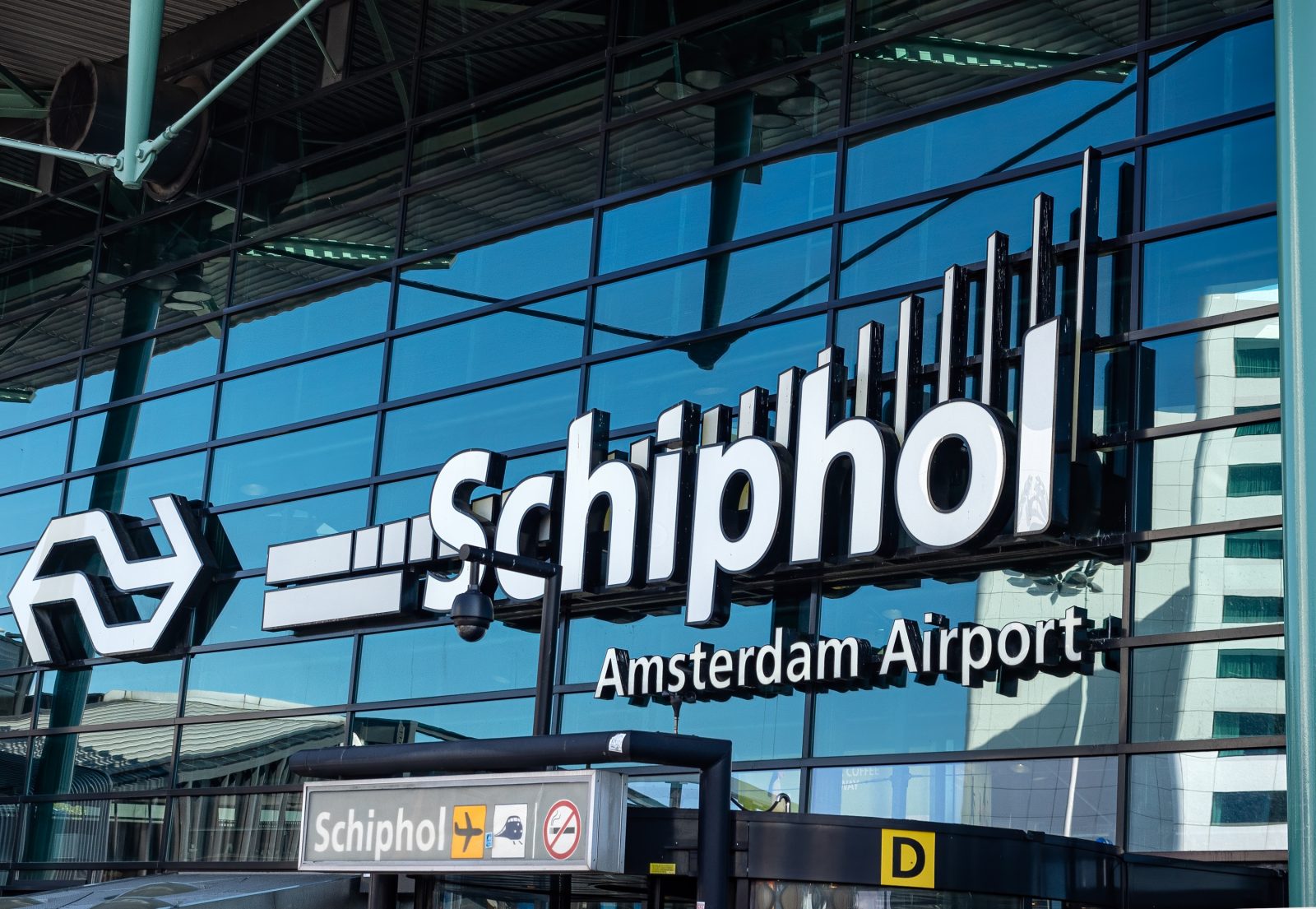
Amsterdam’s Schiphol Airport is set to hike the fees it charges airlines to use its facilities by as much as 41% in 2025 as the airport operator says it needs to raise €6 billion in additional revenue over the next five years for planned improvement works.
The charges apply to each passenger that an airline carries, with the fee that airlines have to pay for short-haul flights increasing by around €15 per passenger over the next three years. Of course, airlines are likely to pass these charges directly onto passengers.
In 2015, the fees will be hiked by 41%, followed by a 5% rise in 2026 and then a slight decrease of 7.5% in 2027. Fees for passengers on newer, quieter planes will, however, be subject to a discount, whereas there will be a surcharge for the oldest, noisiest aircraft.
Despite the eyewatering fee increase, the Royal Schiphol Group which runs the airport, says the increase would have been even worse if it wasn’t for the fact that it had voluntarily contributed €100 million to “keep the charges as low as possible.”
KLM Royal Dutch Airlines reacted with horror to the new fees, saying that the increases would have “major implications for both travelers and the aviation sector.”
The Dutch flag carrier is already grappling with high operating costs which has forced it to embark on what could turn out to be a painful cost-cutting journey, while the airline will also have to deal with enforced capacity limits at the airport in the coming years.
“Schiphol shifts additional costs of setbacks and budget overruns largely to the traveler. More expensive tickets are inevitable if you increase airport charges so drastically,” slammed KLM chief executive Marjan Rintel.
“This is unreasonable and unwise. Unreasonable, because Schiphol is placing the costs of all setbacks and Covid-19 entirely on the airlines. Unwise, because in doing so, the airport undermines its competitive position as an international hub.”
In addition to surcharges applied to noisier aircraft, Schiphol also plans to discourage night flights that are more disruptive to local residents by applying a second surcharge to flights that depart early in the morning or at night.
Night flights will become three to six times more expensive than a comparable flight during the daytime.
The charges that Schiphol sets are approved by the Dutch Consumer and Market Authority (ACM), who agreed with the Group’s latest charges based on “exceptionally high inflation” over the last few years.
Related
Mateusz Maszczynski honed his skills as an international flight attendant at the most prominent airline in the Middle East and has been flying ever since... most recently for a well known European airline. Matt is passionate about the aviation industry and has become an expert in passenger experience and human-centric stories. Always keeping an ear close to the ground, Matt's industry insights, analysis and news coverage is frequently relied upon by some of the biggest names in journalism.







